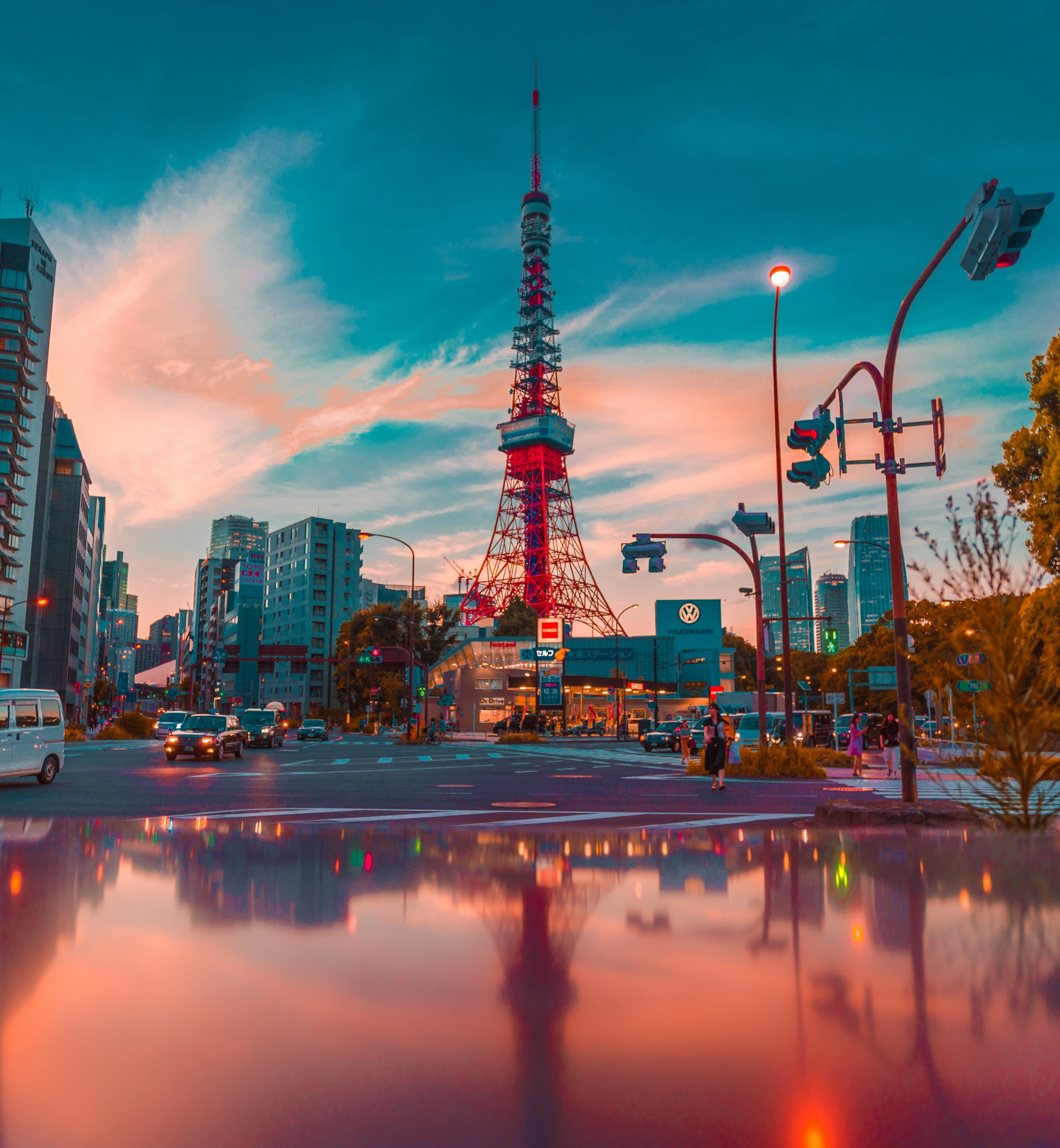Tokyo Cultural Guide: History, Traditions & Festivities

Tokyo Cultural Guide: History, Traditions & Festivities
Tokyo, the bustling capital city of Japan, is a vibrant metropolis that seamlessly blends tradition and modernity. With a rich history, fascinating traditions, and an array of colorful festivities, Tokyo offers a unique cultural experience for travelers from around the world.
History: Tokyo has a long and storied history that dates back centuries. Originally known as Edo, the city was established as the capital of Japan in 1603. During the Edo period, it flourished as the political and cultural center of the country. In 1868, the city was renamed Tokyo, meaning "Eastern Capital," when the emperor moved his residence there. Tokyo played a significant role in Japan's modernization and rapid economic growth in the late 19th and 20th centuries.
Traditions: Despite its modern façade, Tokyo holds onto its traditional customs and rituals. One of the most iconic traditions is the art of tea ceremony, or "chado." This ancient practice emphasizes the importance of mindfulness and the appreciation of simplicity. Visitors can experience a tea ceremony at various tea houses throughout the city.
Kimonos are a traditional Japanese garment that are still worn during special occasions and festivals. These beautiful and intricate robes showcase the country's unique craftsmanship and design. Visitors can rent kimonos and stroll through historic neighborhoods like Asakusa to fully immerse themselves in the traditional atmosphere.
Temples and Shrines: Tokyo is home to numerous temples and shrines that are an integral part of Japanese culture. Senso-ji Temple, located in Asakusa, is one of the oldest and most significant Buddhist temples in the city. Meiji Shrine, situated in a peaceful forested area, is dedicated to Emperor Meiji and Empress Shoken. It offers a tranquil retreat from the bustling city streets.
Festivities: Tokyo's calendar is filled with vibrant festivals that celebrate various aspects of Japanese culture. One of the most famous is the Sakura Matsuri, or Cherry Blossom Festival, held annually in March and April when the cherry blossoms bloom. The city is bathed in a sea of pink petals, and locals and tourists gather for hanami, the traditional custom of enjoying the flowers.
Another popular festival is Shibuya Halloween Parade, a modern twist on traditional Halloween celebrations. Thousands of participants dress up in elaborate costumes and parade through the streets of Shibuya, creating a lively and colorful spectacle.
Tokyo Tower Festival is another must-see event. This festival, held in May, celebrates the iconic Tokyo Tower with live music, performances, and a dazzling fireworks display.
Food: No visit to Tokyo would be complete without indulging in its world-renowned cuisine. From sushi and ramen to tempura and yakitori, the city offers a wide range of delectable dishes. Visit Tsukiji Fish Market, the largest fish market in the world, to sample the freshest seafood or try authentic street food at Ameya-Yokocho Market.
After all the sightseeing and culinary delights, take a moment to relax in one of Tokyo's beautiful gardens and parks. The Imperial Palace Gardens, Shinjuku Gyoen, and Ueno Park are just a few examples of green spaces where you can escape the hustle and bustle of the city.
